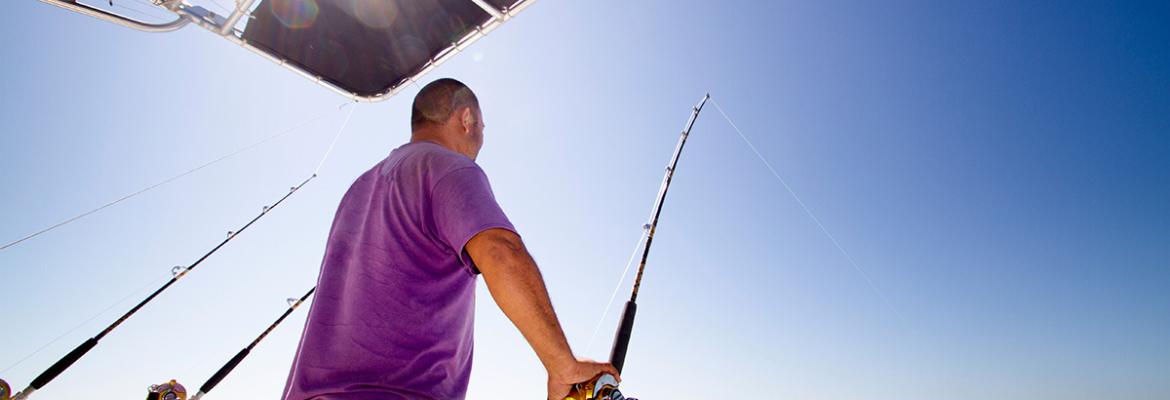
Vessel owners and operators must make sure vessels are compliant with Australian standards and regulations. Mandatory safety requirements must be fulfilled and there are certain fees and levies which you must pay.
Since 1 July 2018 we became the one point of contact for most services for domestic commercial vessels and crew.
Tender, dory and auxiliary vessels
Tenders are small vessels used to transport people or goods between a vessel and the shore, or for a purpose associated with a parent vessel. They are also sometimes known as auxiliaries or dories.
We have put together some information about tenders that will help you plan for emergencies and pack the right equipment. We also have a checklist for you to download and use.
Find out about the special arrangements for vessels which meet the definition of ‘tender’ under the national law.
Distress beacons help save lives every day, but there’s a quicker way for tenders and dories to call for help. Our Dory and tender vessels—when to use a beacon page will give you information about your crew and tender vessel safety.
Regular vessel surveys
You will need to organise an accredited marine surveyor to inspect your vessel on a regular basis to prove you are compliant with Australian legislation and safety requirements.
My Boat
My Boat is an online system that helps you to keep your domestic commercial vessel compliant with Australian regulations and standards.
When you put details of your vessel into the My Boat system, it will produce the general requirements for a vessel of that type.
Certificates of operation
If you own or operate a domestic commercial vessel in Australia, you are required to obtain a certificate of operation before starting any operations.
Unique identifiers
Find out why your domestic commercial vessel must have a unique identifier, how to apply, or whether your vessel may be exempt.
Crew qualifications
Your crew will need to obtain the right qualifications to work on domestic commercial vessel.
Read more about certificates of competency.
Crew fatigue
When operating your vessel, you have an obligation to ensure the health and safety of everyone onboard your vessel. This includes having the right safety equipment, emergency procedures and ensuring the safety or your crew.
Find out about managing crew fatigue and read our guidance on appropriate crewing for domestic commercial vessels.
Reporting an incident
When you are operating your vessel in Australian waters, there are a number of environmental laws you will be subject to. We implement pollution reporting requirements under MARPOL protocols and have domestic legislation to support its implementation. If your vessel is involved in, or observes an incident of ship sourced pollution, you must report it.
National Standard for Commercial Vessels
The National Standard for Commercial Vessels (NSCV) sets standards for vessel design, construction, equipment, operation and crew competencies for domestic commercial vessels.
These standards include medical supplies and tools that you are required to have on your vessel. Equipment lists are also available from the NSCV page.
Find out about the National Standards for Commercial Vessels.
Fees and levies
There are a number of fees and levies you will need to pay as an owner or operator of a vessel. Make sure you know which fees you need to pay as these will depend on the size, type and operations of your vessel. You may also need to pay levies which support the maintenance and upkeep of aids to navigation and our response to pollution incidents when they occur.
Simplified equipment lists for some vessels
We recently asked you for feedback about equipment lists for some vessels. As a result of this, we have simplified some equipment lists for some vessels operating in some locations.
Find out more about the locations, the vessels and the simplified equipment lists.
Safety guidelines for specific types of operators
To better support all domestic commercial operators with their safety management system (SMS), we have prepared specific safety guidance for marine adventure tourism operators and parasailing operators.
Read the safety guidelines for marine adventure tourism operators.
Garbage management
Learn how to manage your garbage, protect our marine environment and comply with MARPOL regulations.